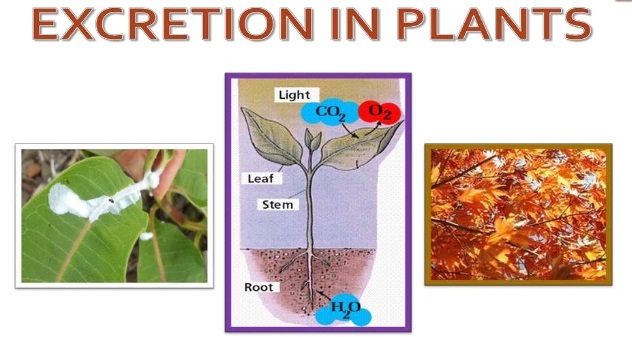
- Plants excrete a variety of wastes, just like animals.
- Plant excretion occurs through a process of diffusion and active transport.
- Through diffusion, plants release gaseous wastes such as carbon dioxide, oxygen, and water vapor.
- Active transport involves the use of energy to move a substance across a membrane.
- The most common active transport excretion in plants is the removal of excess mineral ions, such as potassium, calcium, and magnesium.
- These excess ions are moved out of the root cells and into the surrounding soil.
- Other wastes released through active transport include nitrogenous compounds, such as ammonia, urea, uric acid, and amino acids.
- These wastes are transported out of the plant via the transpiration stream.
- This is the same process by which water is lost from the plant.
- Finally, plants can also excrete organic compounds, such as sugars and phenolic compounds, through the process of exudation.
- Exudation involves the release of compounds from the root cells into the surrounding soil.
- This process helps to provide nutrients to the surrounding environment.
:
